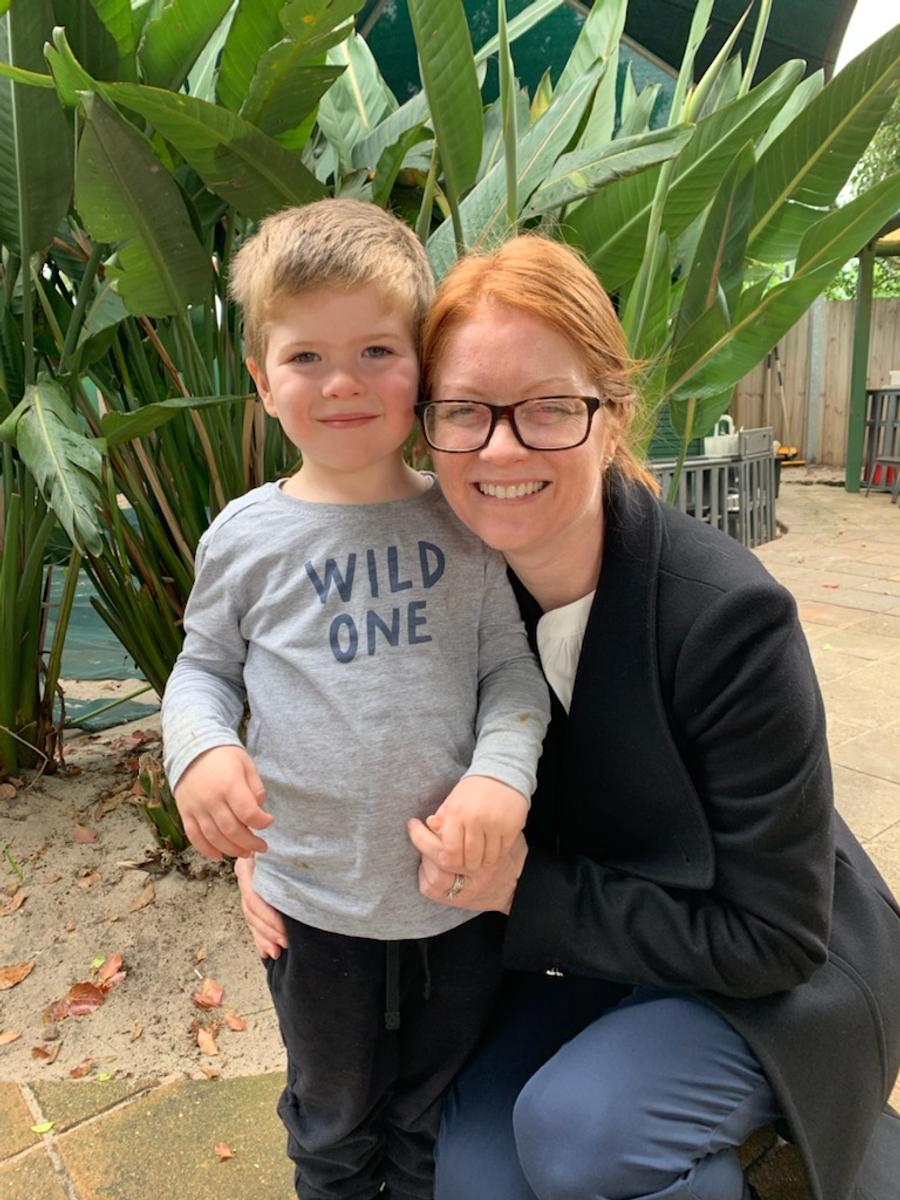Exploring the Benefits of Multi Age Grouping

How does Multi Age grouping Benefit Children?
At Glen Education we strive to provide a learning environment for our children and families which is informed by contemporary research and innovates to meet the needs of the community over time. Below is an except from an article published by "The Spoke" which highlights the benefits of multiage groups for children.
Mixed-age grouping has great potential to support children’s social and emotional learning. Children who are settled and older often take on leadership roles and support those who are less capable and competent than they are, while at the same time building their own self-confidence and self-esteem. They model turn taking and sharing. Children with no younger siblings at home have opportunities to ‘be a big sister or brother’ and nurture and help others as well as form relationships with younger children.
Play is often more complex as older children extend younger children’s ideas or younger children follow the ideas suggested and contribute to the play. Educators have great teaching moments as children learn about others.
Mixed-age grouping allows less confident preschoolers to mix with younger children and over time build their confidence in mixing with same age and older peers. These children often find this less stressful as they are not expected to match their peers’ behaviours and abilities and so they avoid the competitiveness that does arise within groups of preschoolers. This also works well for children who have developmental delays as they are able to play with peers of similar abilities and interests and avoid some of the frustrations they may otherwise face.
We notice children’s language development is fostered as older children role model for younger children and surround them with language of different levels and complexity. They are able to modify their language, behaviours and expectations based on the ages and understandings of the other children. In turn they become adept at ‘reading’ younger children’s non-verbal clues and responding accordingly.
Educators adapt the curriculum and their teaching strategies to support children’s development and maximise the educational benefits for the group.
At Glen Education Centre Road our educational team has been implementing a multi age grouping program over the course of 2022. Below are reflections from one of their families on how multi age grouping has supported their child's learning this year.
This year since Alexander has moved into a multi aged group at Glen Education Centre Road Kindergarten we have seen remarkable improvements in his social skills and intellectual learning.
After three terms at Centre Road Kindergarten, I have noticed that Alex has developed friends who are older than him (both boys and girls), this has grown his confidence by watching them interact and by playing with them. Including problem solving, reading and writing association and emotional regulation.
He has learned so many things from being at kindergarten and often surprises us pleasantly with the words and subjects that he now has understanding of. It is exciting to know that he has created great friendships of kids who will be in a class higher than him when he goes to school the following year.
We are so proud of him and will continue to have play dates outside of kindergarten with children of his own age and older so that he can interact with his peers whether they differ in age by 6 months, 12 months or more.
We as a family are looking forward to him being in the mixed age group again next year so he can lead by example to the younger children.
Next year we will be in the group of children that have developed further and will show other kids what he has learned in his journey in the mixed age group class at kindergarten.
Sincerely
Brett and Sonya Tudor - Alexander’s proud parents.
To read the full article, Mixed-age grouping – why we love it!, please click here

